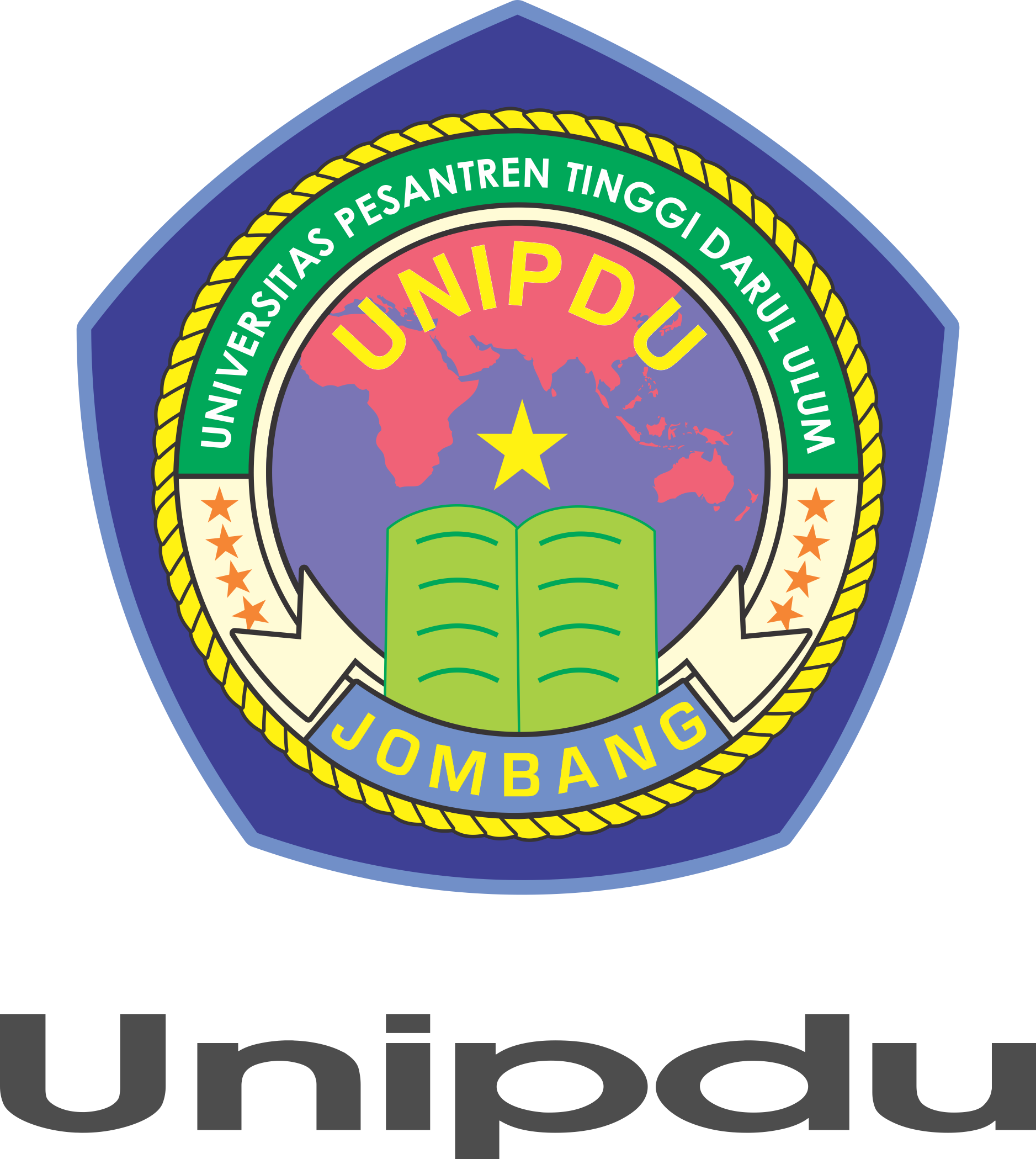Exploration of Prospective Mathematics Teachers' Computational Thinking Abilities in Solving Quadratic Equation and Function Problems Based on Learning Styles
DOI:
https://doi.org/10.26594/jmpm.v9i2.4799Abstract
Teachers must be capable of shaping individuals who can adapt to computational thinking skills. Learning styles impact students' performance and learning outcomes. This study examine the computational thinking abilities of prospective mathematics teachers from the perspective of visual, auditory, kinesthetic learning styles. A qualitative approach was used in this study, specifically a case study research design. The subjects of this study were first-semester students in the Mathematics Education program enrolled in the Basic Mathematics course. Research instruments: written tests, learning style questionnaires, interviews. The test questions were validated by three mathematics education experts and piloted with four students. Based on the research findings, it was concluded that learning style influenced students' computational thinking skills. Kinesthetic students demonstrated proficiency across all indicators of computational thinking ability. Visual and auditory students struggled with algorithmic thinking and pattern recognition. However, visual and auditory students, like kinesthetic students, performed well in abstraction and decomposition.
Downloads
Published
Issue
Section
License
Copyright (c) 2024 Azza Shafaa Namira, Masduki

This work is licensed under a Creative Commons Attribution 4.0 International License.
The formal legal aspect of access to any information and articles contained in this journal website refers to the Creative Commons Attribution 4.0 International (CC BY 4.0) license terms.














